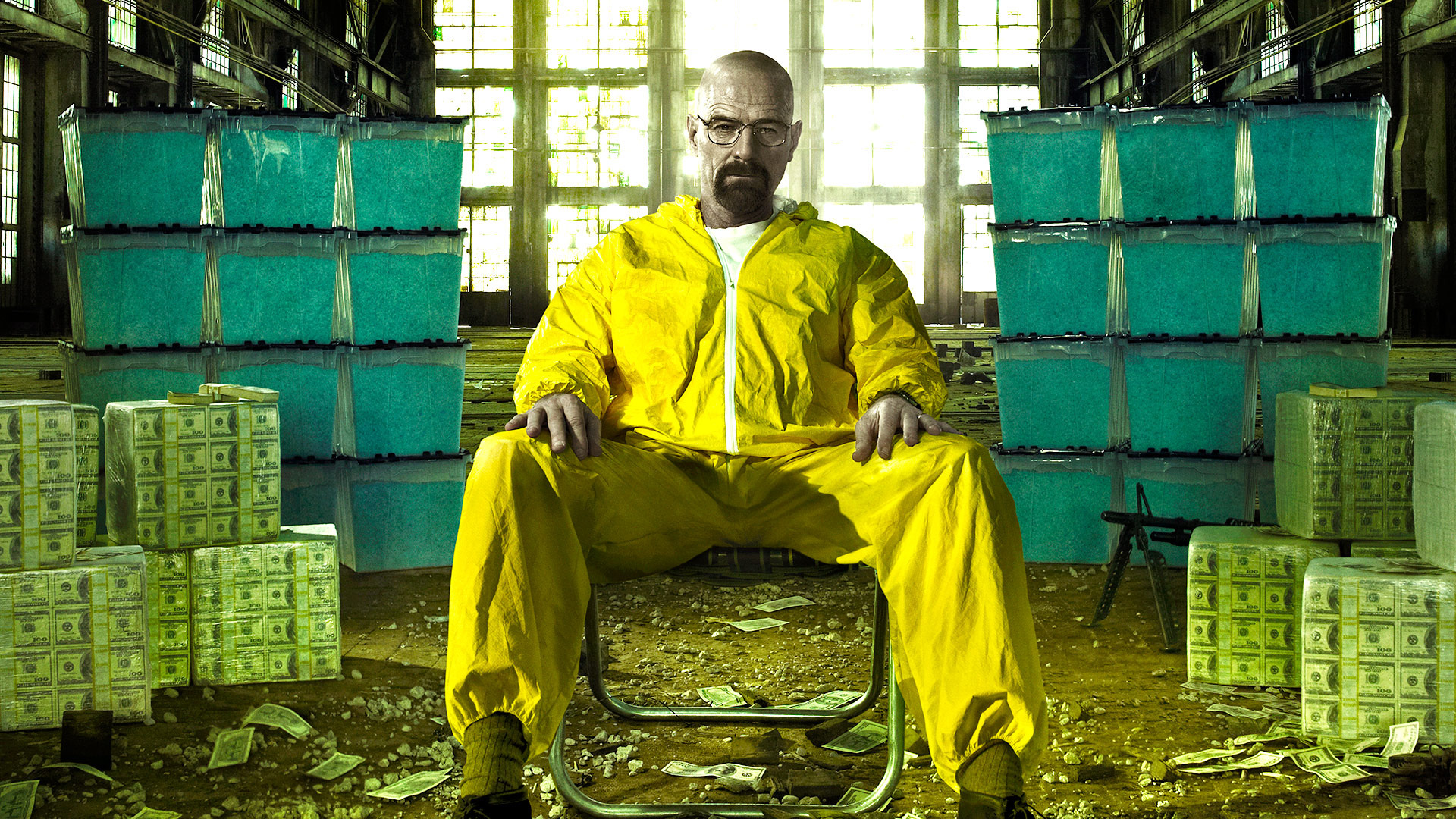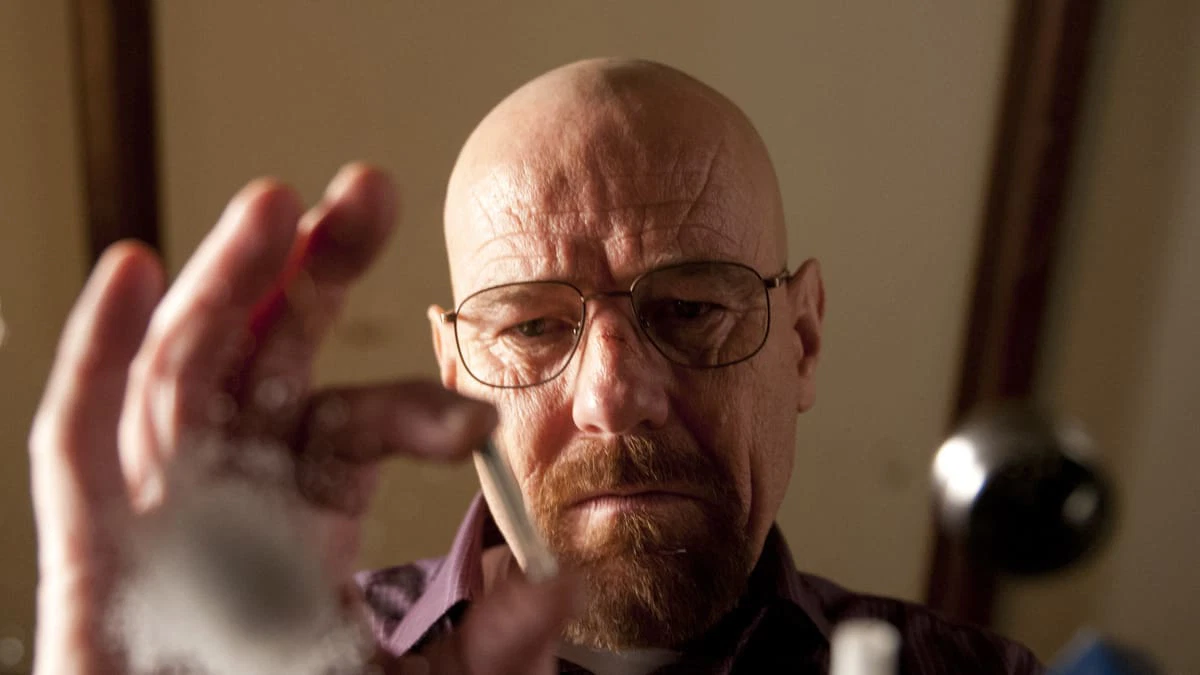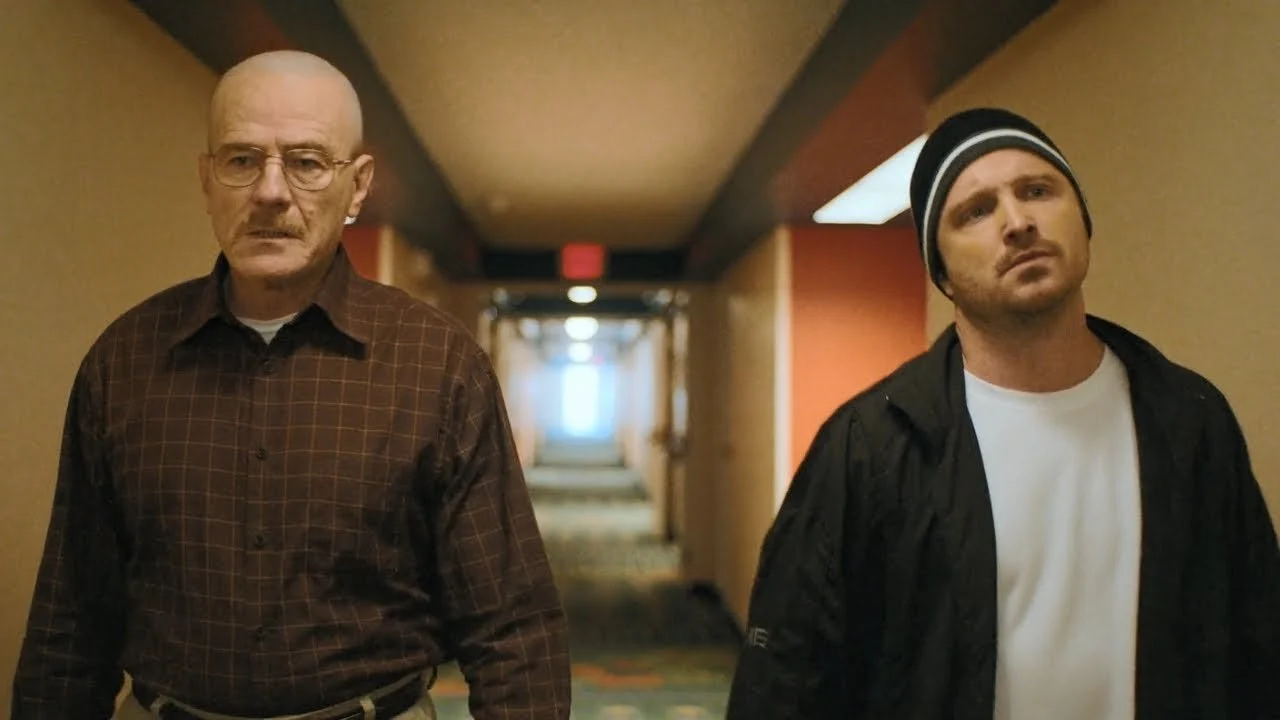One of television’s most iconic characters, Walter White from Breaking Bad, has sparked endless debates among fans. Was he a good man pushed to the brink, or was he always a villain at heart? This discussion isn’t just limited to viewers; even those who brought Walter White to life have their own conflicting opinions. Vince Gilligan, the show’s creator, and Bryan Cranston, the actor who portrayed Walter, hold vastly different views on the character. Their contrasting perspectives offer fascinating insights into the dual nature of the character and the impact he had on the series and its audience.

Vince Gilligan’s Take: Why the Creator Dislikes Walter White
It might surprise many to learn that Vince Gilligan, the mastermind behind Breaking Bad, has grown to dislike his own creation. Walter White, a character often revered for his complexity, has left a bitter taste in the mouth of his creator. Gilligan’s disdain for Walter stems from the character’s overwhelming ego and self-victimization, which only intensified as the series progressed.
In an interview with The New Yorker, Gilligan opened up about his feelings toward Walter White. He expressed frustration over Walter’s sanctimonious attitude and his inflated sense of self-importance.
“Like, wait a minute, why was this guy so great? He was really sanctimonious and full of himself. He had an ego the size of California and always saw himself as the victim.” – Vince Gilligan
This sentiment reflects the evolution of Walter’s character. What started as a desperate high school teacher’s attempt to provide for his family spiraled into a power-hungry man who justified his actions with a victim mentality. Gilligan’s comments reveal that, despite the character’s widespread popularity, the showrunner saw Walter as someone who used his perceived victimhood to excuse morally reprehensible behavior.
The Character Arc That Divided Opinions
Walter White’s journey from a mild-mannered teacher to a ruthless drug lord is one of the most dramatic character arcs in television history. His transformation was so profound that he became unrecognizable by the series’ end. This evolution made it difficult for the audience to empathize with him, even though they understood the motivations behind his actions—self-preservation, greed, and a thirst for power.

For Gilligan, this descent into darkness was not just a plot device but a reflection of Walter’s true nature. As the show progressed, Walter’s decisions became increasingly indefensible, leading Gilligan to dislike the character he had created.
Bryan Cranston’s Perspective: An Actor’s Loyalty
On the other hand, Bryan Cranston, who brought Walter White to life, holds a different view. Cranston’s perspective is shaped by his deep immersion in the character, which naturally led to a more sympathetic outlook.
During an interview with The Guardian, Cranston was asked if he liked Walter White. His response sheds light on the actor’s deep connection with the character. Cranston admitted that his understanding of Walter was subjective and heavily influenced by the need to justify the character’s actions while portraying him.
“I can only answer that question in retrospect because I didn’t have the luxury of objectivity back then. Did I like Walter White? Now I’m thinking of him as a character. He was a phenomenal character to play.” – Bryan Cranston
Cranston explained that while playing Walter, he couldn’t help but see the world through the character’s eyes. This immersive experience made it challenging for him to judge Walter harshly. Instead, Cranston saw Walter as a complex individual who believed he was trying to do the right thing, despite his numerous failures.
A Sympathetic View from the Inside
Cranston’s empathy for Walter White is rooted in his understanding of the character’s internal struggles. He described how, at the time, he was so engrossed in the role that the lines between Walter White and Bryan Cranston began to blur. This deep connection made it difficult for him to dislike Walter, as he had come to understand the character’s motivations intimately.
“Because of his complexity, his loss of direction, and the emergence of an ego that he hadn’t had the permission to show. Did I like him? I mean, if you ask someone if they like themselves, they’d be like, ‘Yes’. Basically yes.” – Bryan Cranston
Cranston’s comments suggest that, from his perspective, Walter White was always trying to be a good person, even if he failed repeatedly. This understanding of Walter’s internal conflict led Cranston to view him with a level of sympathy that Vince Gilligan, with his more detached perspective, could not share.

The Legacy of Walter White: A Character That Defies Easy Categorization
The contrasting views of Vince Gilligan and Bryan Cranston highlight the duality of Walter White’s character. On one hand, he is a figure of immense moral ambiguity—a man whose actions are often indefensible, yet somehow understandable. On the other, he is a deeply flawed individual who, in his own mind, was always trying to do the right thing, even as he descended further into darkness.
Walter White’s legacy in television history is cemented not just by his actions, but by the conflicting emotions he evokes in both his creators and his audience. As fans continue to debate his true nature, the differing opinions of Gilligan and Cranston offer a deeper understanding of why Walter White remains one of the most complex and talked-about characters in modern entertainment.
